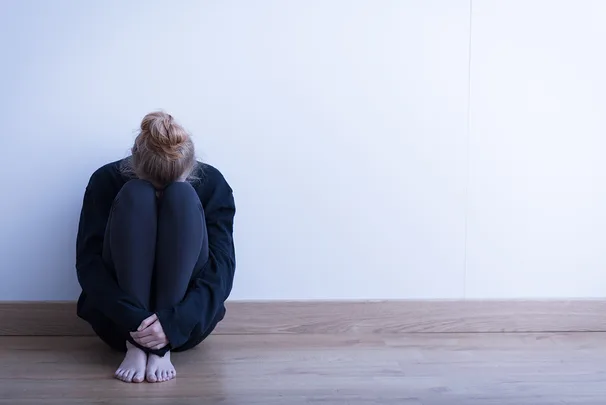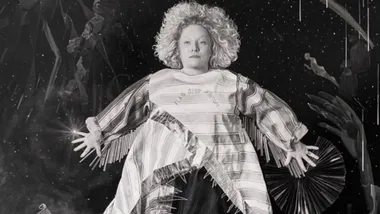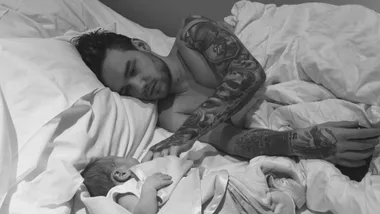Around one million adults live with depression in Australia every year. Most of us are aware of the signs and symptoms of depression—from feeling sad, teary, alone and isolated, to lacking motivation and withdrawing from family and friends.
But there are many indicators of depression that are less commonly known, and sometimes overlooked. So, here are seven signs and symptoms that might not seem like depression, but can be:
1. Working longer hours
If you’re staying back late or working longer hours than usual at your job, it could be a warning sign. According to Professor Nick Glozier from the University of Sydney’s Brain and Mind Centre, this goes hand in hand with poor concentration and low energy. “At work, it might take you longer to do what you do normally, and you have to keep checking to make sure you’re not making mistakes,” he explains. “When you’re actually just doing [the workload of] a 40 hour week, but you now find it’s taking you 50 hours because you’re not doing it properly or you’re not thinking as clearly—that’s when it’s something to pick up on.”
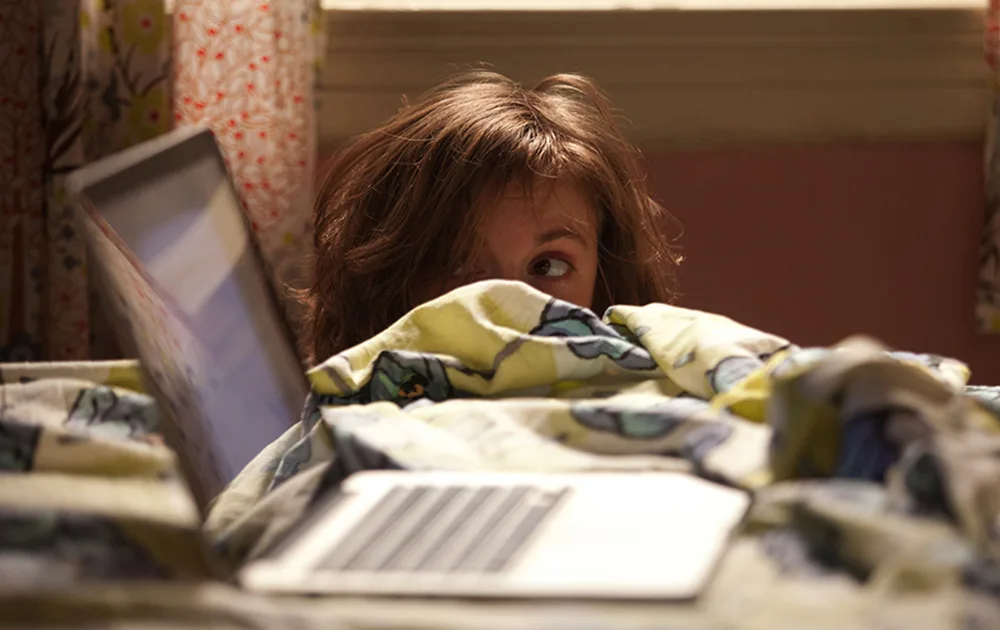
2. Intensely pursuing activities that used to be pleasurable
When many of us feel low, we pursue activities that lift our moods—be it shopping, eating, exercising or a Netflix marathon. But Associate Professor Vijaya Manicavasagar from the Black Dog Institute explains: “When you’re plunging into actual depression, you might escalate those enjoyable activities in the hope that they will actually get you out of your mood.” Sometimes, however, people suffering from depression “don’t always get as much pleasure as they would have had they not been depressed,” she says.

3. Irritability
Find yourself snapping at family or friends? “One of the big ones that people often miss is irritability,” Professor Glozier advises. “It’s really common, particularly in men. It’s the idea that you become snappy, you’re irritable, you can’t stand noise—things just annoy the hell out of you.”
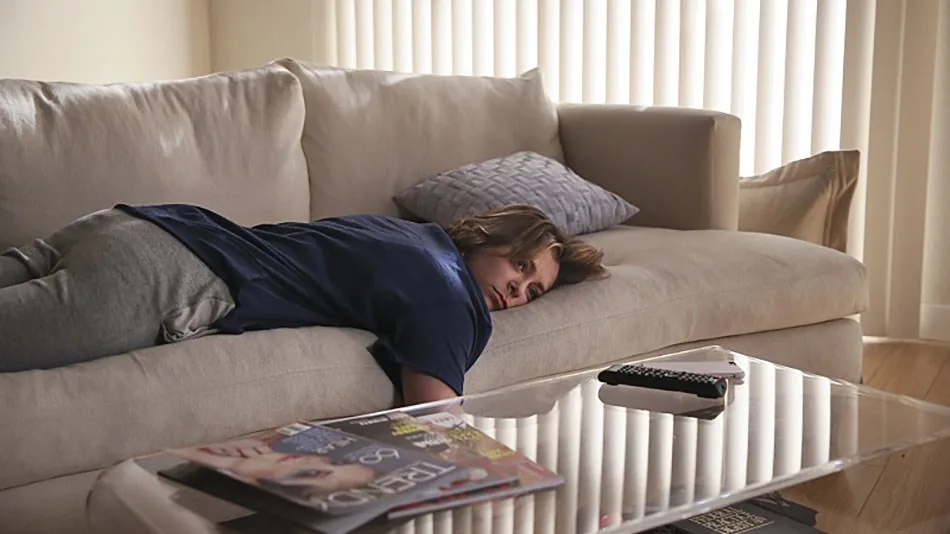
4. Being critical
Just as people with depression can anger easily, feeling critical or judgmental is also common. “In clinical practice, I’ve seen that people who are tending towards depression, or who are depressed and don’t realise it, can be quite critical, and critical of other people,” Associate Professor Manicavasagar says. “It’s usually a reflection of them being critical of themselves as well.”
5. Insomnia
Tossing and turning at night? According to Professor Glozier, insomnia is another sign. “Often you get fatigued because you’re sleeping less at night,” he explains. “You might not be able to get to sleep at night because your brain is wired, you’re thinking about things and then waking up in the middle of the night.”

6. Obsessive behavior
“A number of people actually become more obsessive,” says Professor Glozier. “Because you’re not coping, you try and regain some degree of control over what you can cope with. So you see people with more anxious, agitated depressions becoming obsessive counters or cleaners or checkers.”
7. Increase in substance use
According to Beyond Blue, drug and alcohol use can both lead to, and result from, depression. “People may drink more and use more substances, particularly to try to lift up their mood initially,” Professor Glozier says. “It might be: ‘I’m drinking to get to sleep,’ or ‘I go and use stuff because I feel good for a bit of time’.” In Australia, over 500,000 people will experience depression and a substance use disorder simultaneously during their lifetime.

If you do notice these signs in yourself, a loved one or friend, Associate Professor Manicavasagar recommends the first port of call should be your GP.
“If you’re a mother of father or partner watching your loved on going into all of this stuff, what would be helpful is to either encourage them to see their GP so they can get professional help, or go with them and take them there,” she suggests.
There are also excellent online resources to learn more about the signs, treatment and support services for depression. You can find more information by visiting:
Beyondblue 1300 224 636.
Lifeline on 131 114
